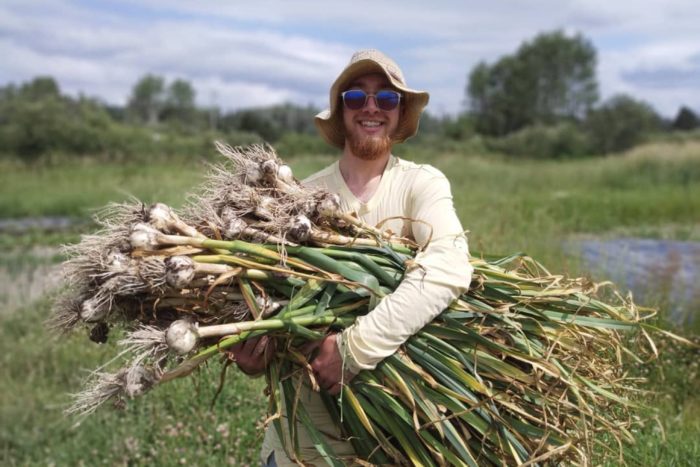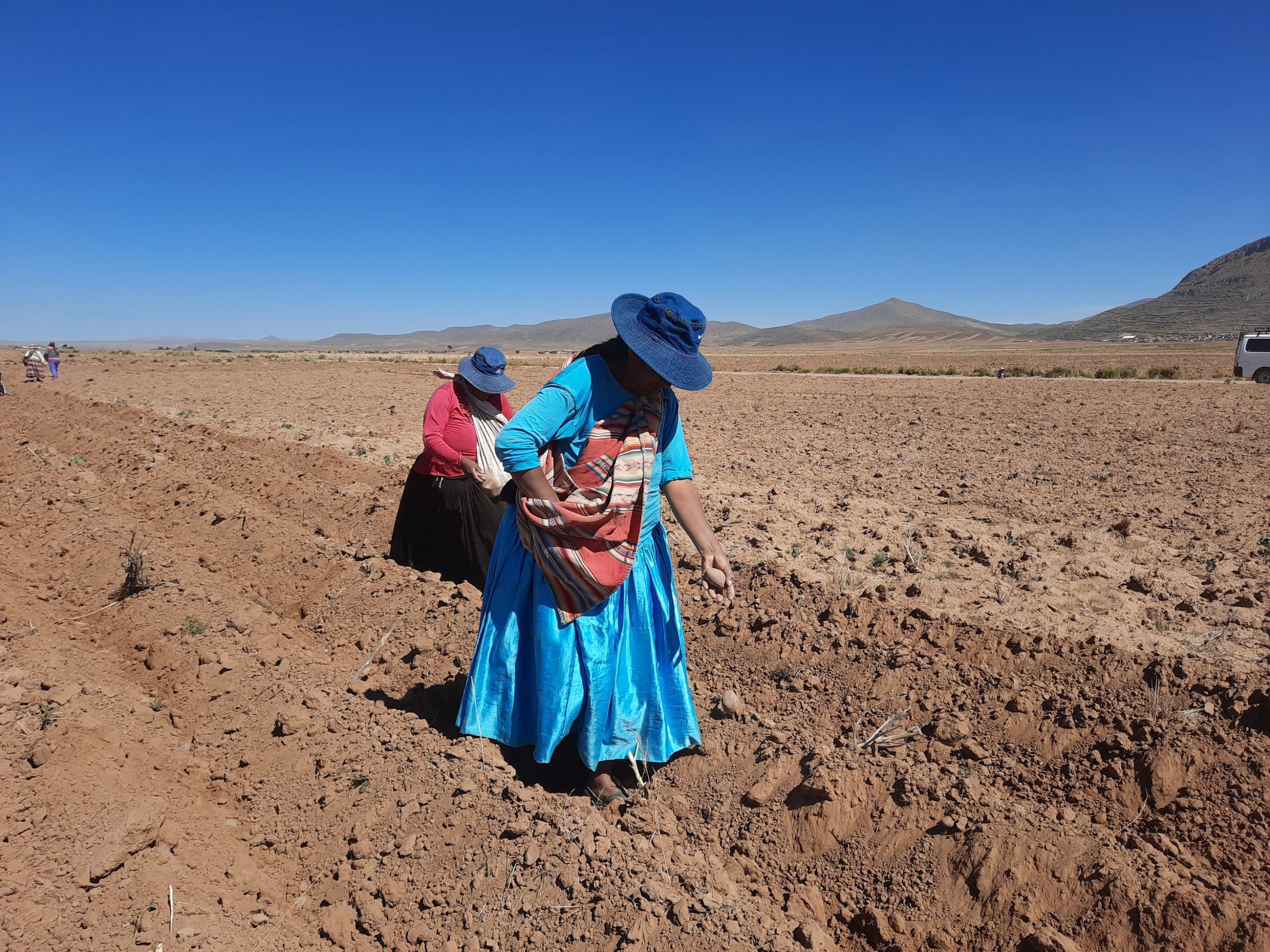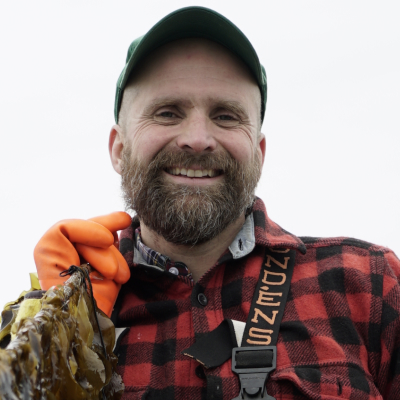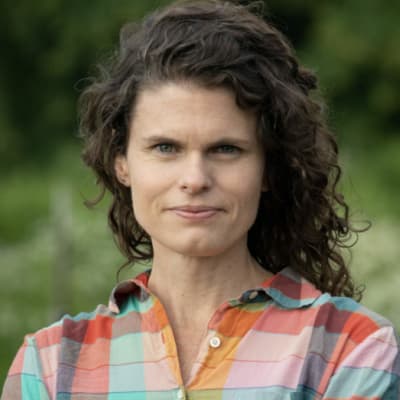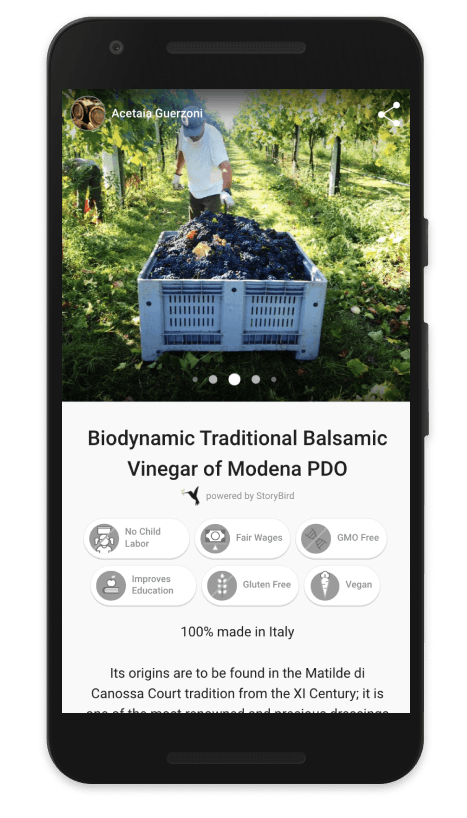
Chris Robb and Keith Agoada launched Producers Market in 2017 to support farmers and producers, who are taking the largest risks yet are often slighted in standard supply chains. Storms, pests, disease, drought and more can wipe out an entire harvest, but even with a perfect crop, they are met with losses. “Price is determined by market commodity pricing or in some cases, the wholesale buyer,” says Agoada. “When there is oversupply of raw materials (which can be the case in seasonal produce) and/or when the product is highly perishable, small producers have to take what they can get.” Producers Market built a new model that ensures farmers and producers are fairly paid; demands transparency and traceability for buyers; and encourages a more human connection through storytelling. Their StoryBird technology connects customers directly to the stories behind products via e-commerce integration or by scanning a QR code (on packaging, store displays or menus). And their list of products has expanded exponentially from organic-certified produce and grains to beauty, clothing, home goods and more. The first direct-to-consumer commerce tests are scheduled to run this July (available initially in the U.S.). —Charlotte DeFazio
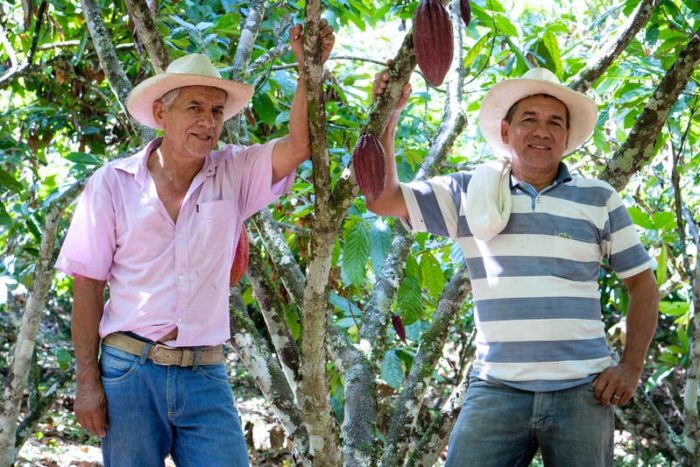
When, and why, did you start the Producers Market?
We started Producers Market in 2017 to support farmers and producers by helping to increase the amount that they are paid for their work, effort and outputs. Farmers take the most significant risk on the supply chain. They have to rely on the cooperation of Mother Earth; sunlight, rain, storms, pests, disease, and so much more. As a farmer, you can do everything right and still lose your harvest.
So, when a farmer makes it to the finish line and harvests a perfectly good crop, how is it possible that they can still lose? Most farmers and small producers don’t have optionality for where to sell outputs. Price is determined by market commodity pricing or in some cases, the wholesale buyer. When there is oversupply of raw materials (which can be the case in seasonal produce) and/or when the product is highly perishable, small producers have to take what they can get.
This is a broken model. Farmers are doing arguably the most important job for society, yet they take the highest risk on the supply chain and often lose their money even when they do great work. We started Producers Market to build post-harvest marketing solutions that add value to the farmers and their outputs. Our vision is for farmers to be more successful through more direct and transparent market connectivity.
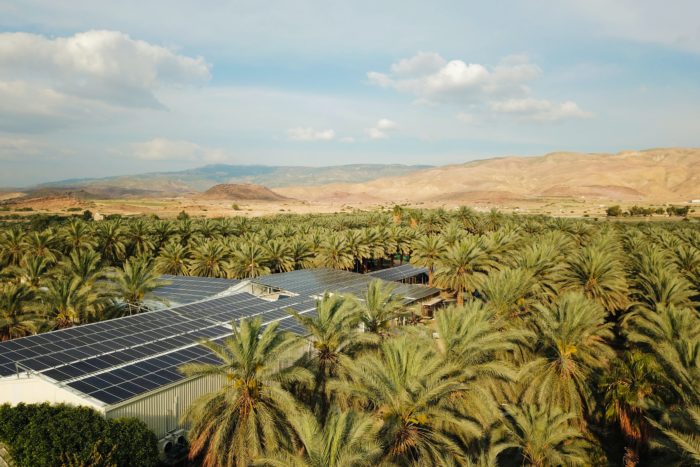
How was Storybird born out of that?
Our ability to build a new model for supply chains is due to consumers who are driving change. Everyday, more and more people demand products that serve the wellbeing of their ecosystem, communities and humanity. They desire a more human connection to their purchases and seek greater trust and transparency to the source.
StoryBird is our response to this demand. It drives greater value back to the farmers and producers who are able to share their story. By providing validated storytelling solutions, brands that source directly and work with communities in uplifting ways can also differentiate themselves on the market. StoryBird functions as our consumer engagement tool and is opening people’s minds and hearts to what is possible in transparency and storytelling from seed to store.
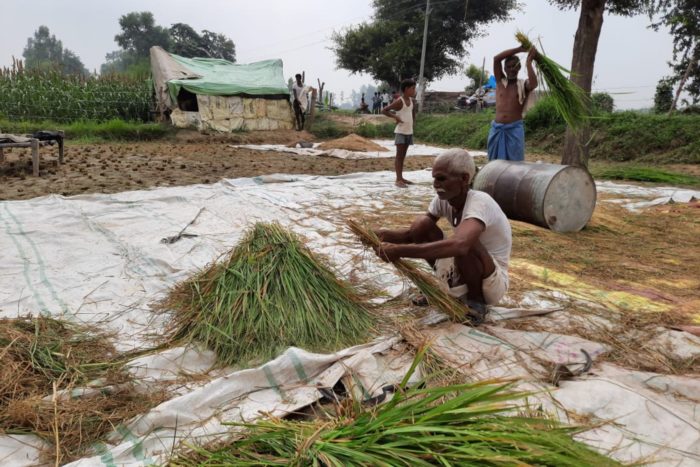
What is your vetting process like?
Producers Market vets everyone that registers on the platform. We verify their story and authenticate their role as a farmer or added-value producer. This is currently a customer service-driven, manual model; however, we have developed a validation model that looks at trust and impact ratings. We are excited to collaborate across the sector to manage on-the-ground validation data with integrity and transparency at the core.
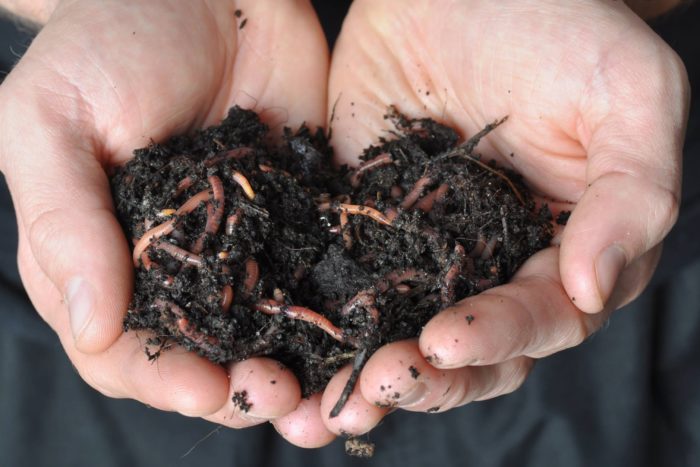
You began with a focus on plant-based food crops. How has that expanded since?
This topic has been an important discussion internally at Producers Market. We have many team members who are plant-based, and we all are united to support a transition into a more humane and sustainable supply chain model globally. With that said, our overall strategy is inclusion. We believe that focusing on being inclusive to all farmers and producers, and providing consumers with greater transparency to make their best decision, is our curation and facilitation role. We are here to build a network of end-to-end trust. In animal products, we have put a focus on working with groups that have an organic, regenerative or biodynamic focus.
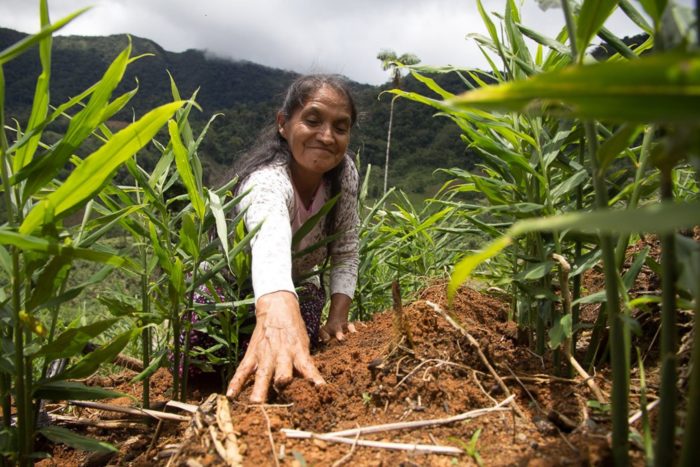
How does StoryBird technology work?
StoryBird is an application that connects customers to the stories behind products. Consumers can see where ingredients come from and enjoy transparent supply chain stories through an e-commerce integration, or by scanning a QR code on packaging, store displays or menus. Using a proprietary system, brands work with our team and their supply chain stakeholders to register their information, data, and content in our system for the creation of each StoryBird.
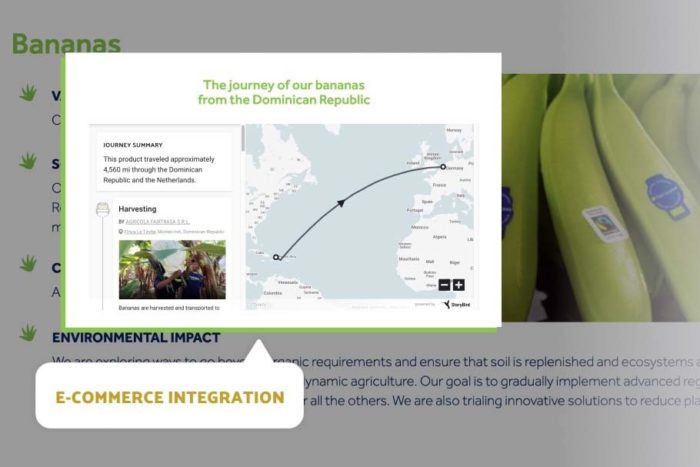
When will direct-to-consumer become available?
We are planning to have our direct-to-consumer commerce tests in July 2022, initially available in the United States. Our team is enthusiastic about this manifestation and working to design a model that is unique to our technology and mission. Stay tuned on our progress at producersmarket.com.
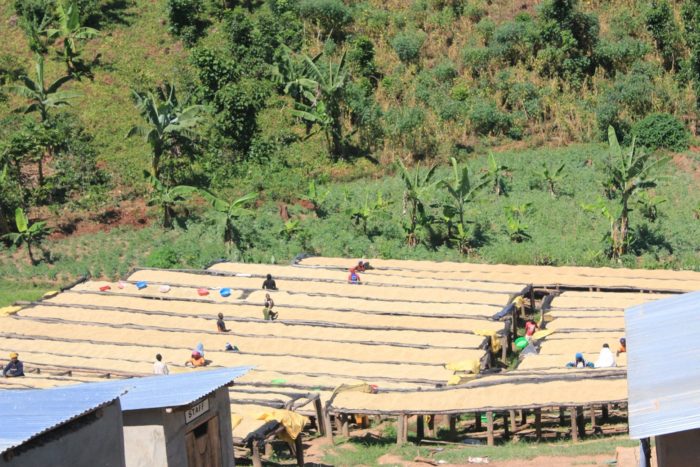
Based on the last decade, what do you envision for the future of consumerism and accessibility to transparent supply chains?
Supply chain transparency will become an expectation of premium consumers within five years. People have shed their blind trust in most brands. They are asking for validation and transparency to the source, and the brands that provide this will win. The brands that don’t will risk losing their market share. Data capture and technology will continue to evolve to make this perspective cost-effective and efficient to integrate. All trends are pointing in the direction of more transparency and registered validations on impact metrics and marketing claims.
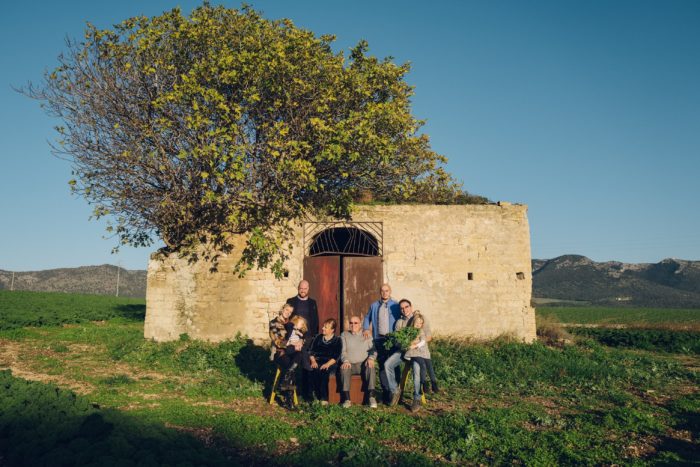
What has been the reaction to StoryBird so far?
The reaction has been inspiring. Our team has always been confident that StoryBird will have great acceptance on the market. What we didn’t expect was the diversity of clients that would be interested! We’ve brought on clients that range from supermarkets, fresh produce distributors, chocolate and coffee brands, clothing companies, skincare companies, and are now even exploring pet food and furniture.
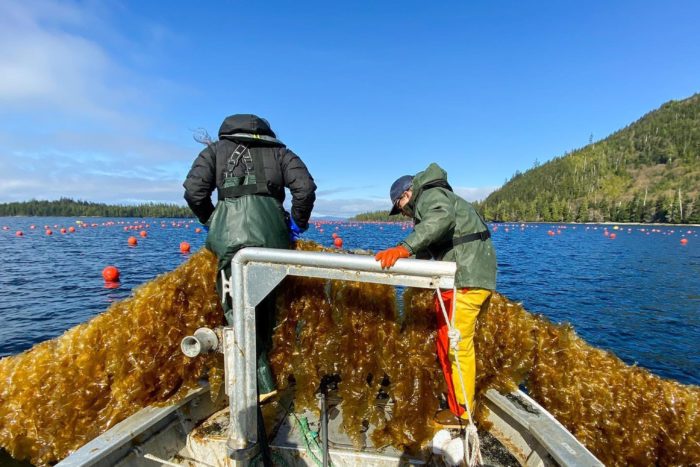
Can you tell us about your forthcoming private label and what that will include?
Our Producers private label brand will tell the story of the producer and provide a validation to the source with StoryBird. It’s a simple proposition that has taken us years to get right. It will start with single ingredient, organic-certified product staples, and will be available online exclusively through Producers Market. Some example products include almonds, quinoa, olive oil, dates, tea and coffee.
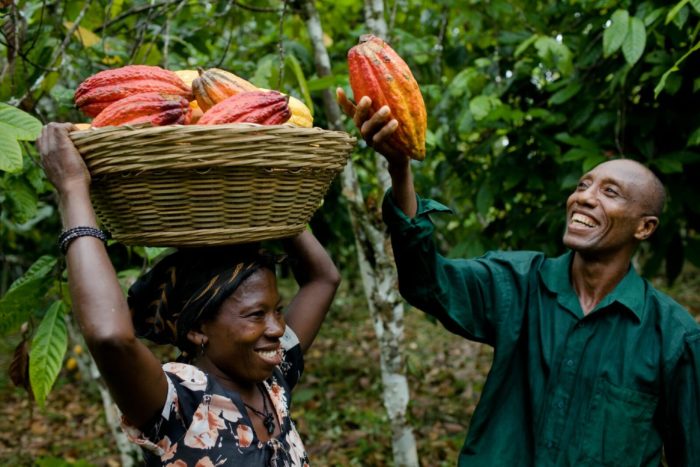
What are you most excited about right now?
I’m most excited about being able to facilitate the sales of our producers’ products directly to consumers. There are some amazing producers in our network that have uplifting stories and high-quality products. I believe that connecting our producers directly to consumers will enhance lives, build community, and create a beautiful commerce model. I can’t wait to see it in action!
